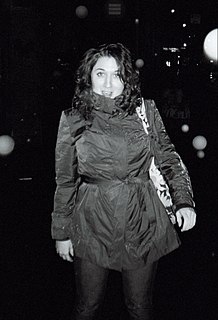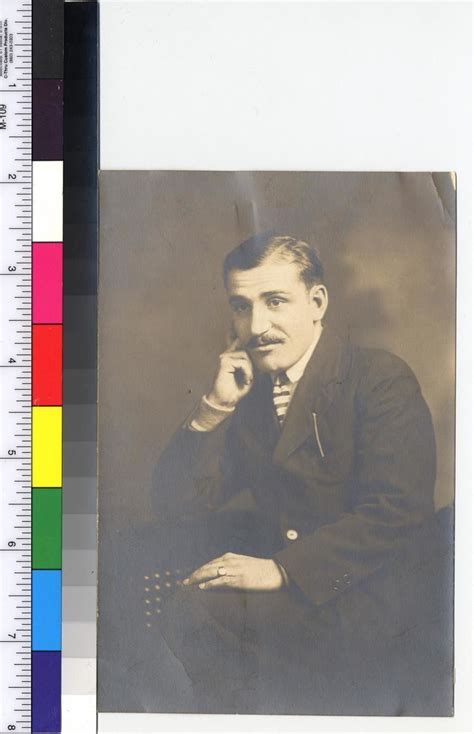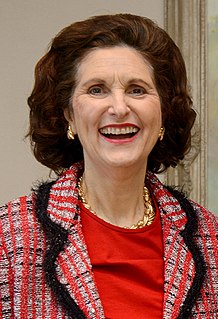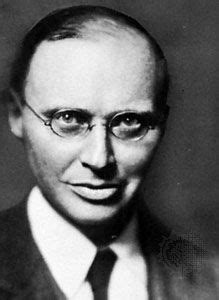A Quote by Cecily McMillan
I think in short order all of us need to act like we are citizens with not only rights, but also duties.
Related Quotes
To instruct the mass of our citizens in these, their rights, interests and duties, as men and citizens...this brings us to the point at which are to commence the higher branches of education . . . . To develop the reasoning faculties of our youth, enlarge their minds, cultivate their morals, and instill into them the precepts of virtue and order.
It is not only spirits who punish the evil, the soul brings itself to judgment: and also it is not right for those who endure for ever to attain everything in a short time: and also, there is need of human virtue. If punishment followed instantly upon sin, men would act justly from fear and have no virtue.
If we are perceived by the rest of the world as employing a double standard in the way that we pursue the war on terror, if we are seen as imposing on other countries' nationals, burdens that we wouldn't be able to tolerate ourselves, then we sacrifice the legitimacy of the enterprise. And I don't think the world considers it illegitimate for the United States to seek to protect itself from another attack like the one we suffered on 9/11, but I think the world does think it is illegitimate to do so by sacrificing their citizens' rights and not our citizens' rights.
Lawyers have their duties as citizens, but they also have special duties as lawyers. Their obligations go far deeper than earning a living as specialists in corporation or tax law. They have a continuing responsibility to uphold the fundamental principles of justice from which the law cannot depart.
I would like to invite the citizens of Great Britain and the citizens of the U.S. and the citizens of the world to come here and walk freely through the streets of Venezuela, to talk to anyone they want, to watch television, to read the papers. We are building a true democracy, with human rights for everyone, social rights, education, health care, pensions, social security, and jobs.
That no free government, nor the blessings of liberty, can be preserved to any people, but by a firm adherence to justice, moderation, temperance, frugality, and virtue; by frequent recurrence to fundamental principles; and by the recognition by all citizens that they have duties as well as rights, and that such rights cannot be enjoyed save in a society where law is respected and due process is observed.




































